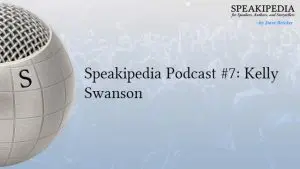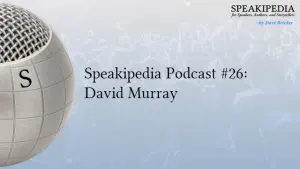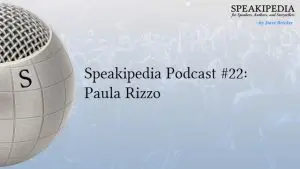If you want to become a great musician listen to great music.
If you want to become a great speaker listen to great speeches.
So what makes up a great speech?
Here are a few things to look for:
One: The speech has to be about something, and that something has to be relevant to you. Even if you’re enjoying a drastic story, if you’re a few minutes in and you don’t know what value the speaker intends to offer, you may be watching a lecture and not a speech.
Lecturers deliver information
Speakers deliver transformation.
Two: Assuming that the speech was set up to be relevant, did it deliver on its promise? So many speakers start off heading to point A and somewhere along they way, they get distracted. They may make a good point at the end but if it’s not the one they were supposed to make, the speech needs some work.
Three: Was the speaker dynamic—not just loud and emphatic but dynamic—changing? Did they use their FM radio DJ voice the whole time or did they vary their speed, their volume, their pitch, their emotional intensity? A speech might be well-written but without dynamic delivery, it will only have so much impact?
Four: Correct language is important. Were there grammatical mistakes? I heard a speaker ask if an idea “resignated” with the audience. He meant “resonate.” To “resignate” means to force someone to resign or quit. That’s the opposite of what the speaker intended. Another speaker told the audience about the “contraptions” she experienced before her baby was born!
Five: How many times did the speaker use the word “I” compared to the word “you?” The I-infection is a common presentation killer.
Clarity of purpose, relevance to the audience, dynamic delivery, correct syntax, and you-focused language are five hallmarks of a good speech.
You’ll find many more but if you start with these, you’ll find opportunities to improve your presentation skills with every speech you hear.





